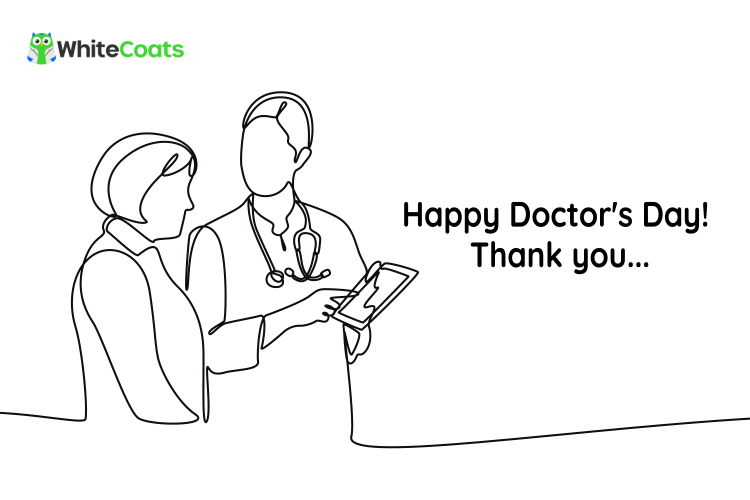
Celebrating National Doctors’ Day : Honoring Our Healthcare Heroes
July 1, 2024Book A Free Demo
Latest Blogs
A good medical record should be comprehensive and accessible, legible and pinned to a particular date. What you record may vary, but good note-taking plays a vital role.
The main information should include:
Forensically, good patient records answer fundamental questions like below:


